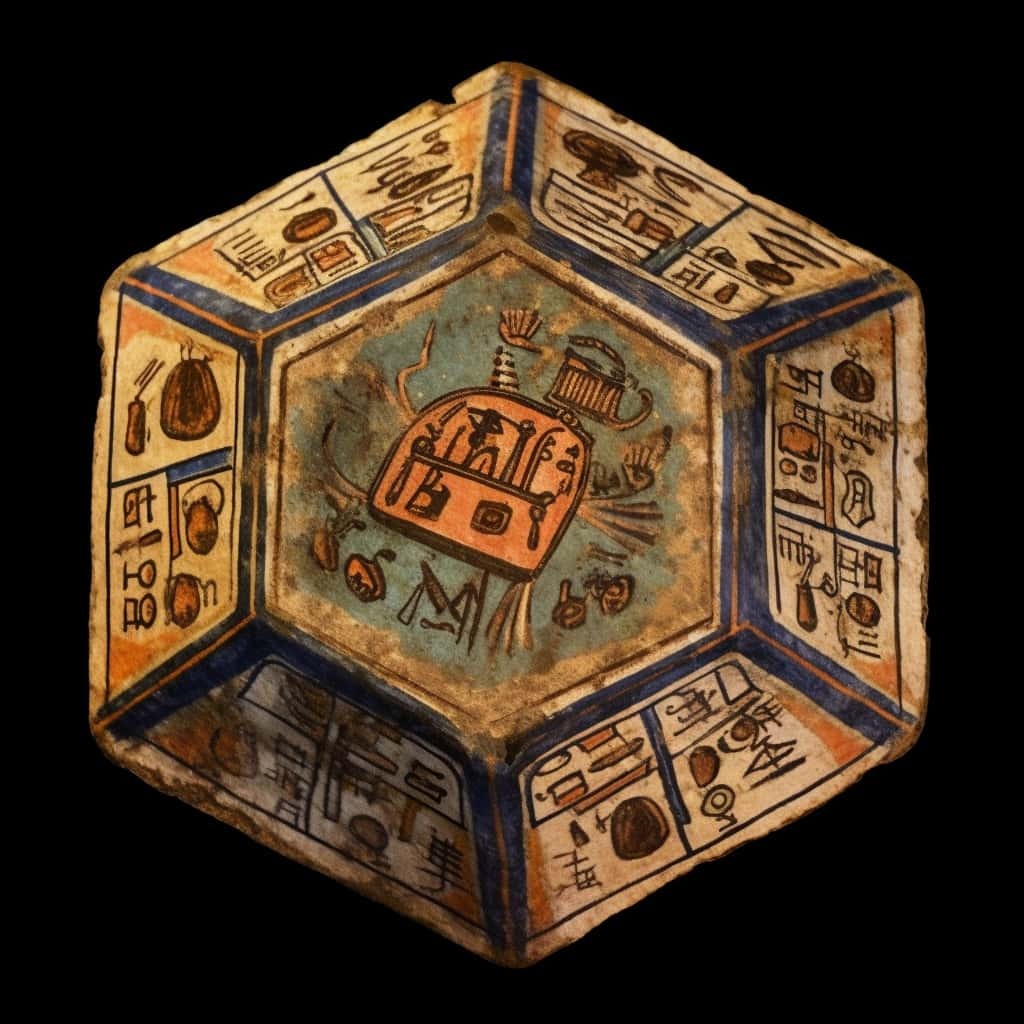

Feedback: to see an example one has to click through to another file in the repo.
Is it a subset of Markdown or YAML? It is a type of decision that it would be good to be upfront with to the users. It also gives you a framework for further thinking and development, and some out of the box parsability.





There is !linuxmemes@lemmy.world and !linuxmemes@lemmy.fmhy.ml.
I mean… “who needs features in 2022” is onto something. But I use both, for various Nvidia and laziness related reasons, and have a dim idea what they do inside, as probably most flamers on the topic.